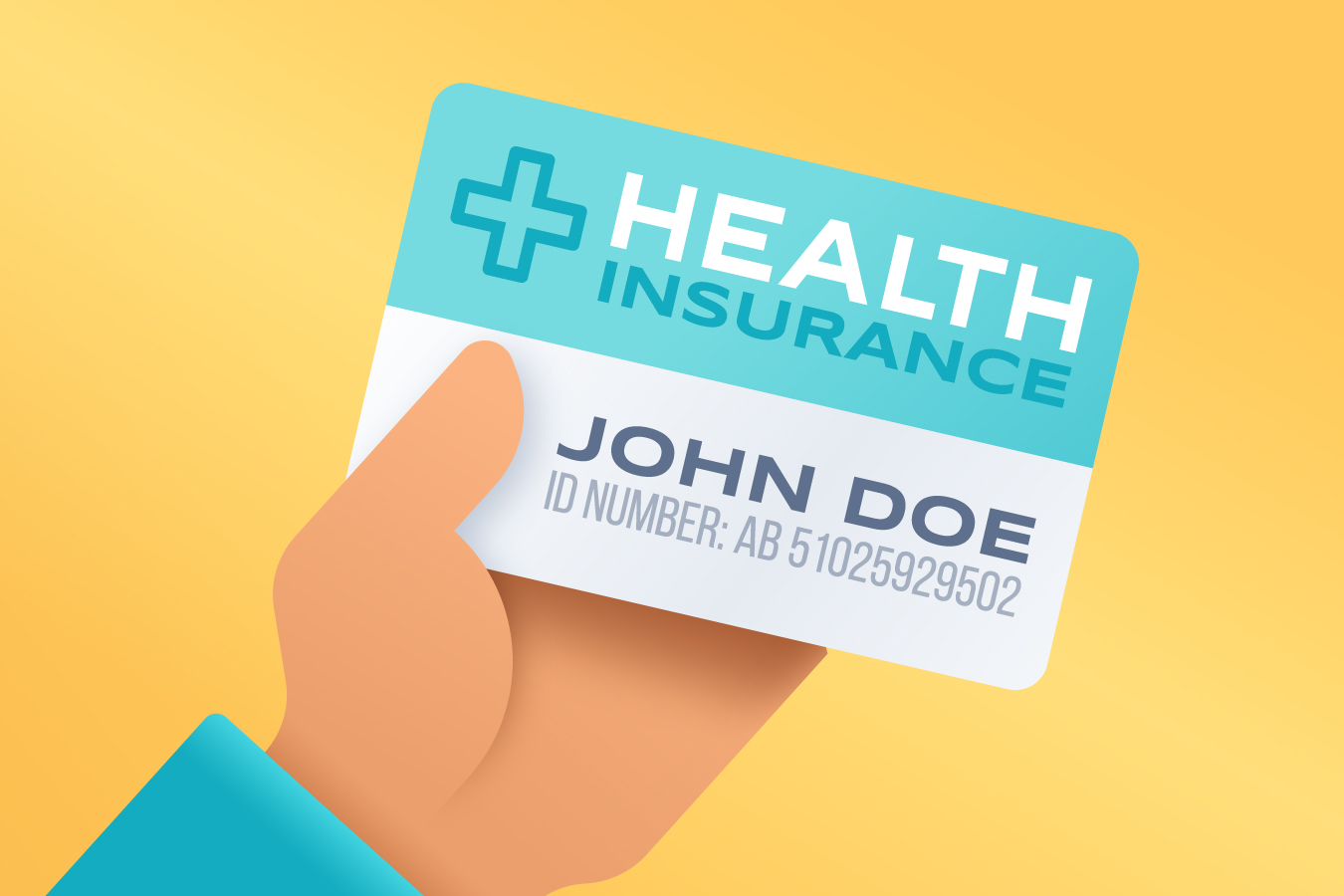Brickie Leaks: Uncovering the Hidden Stories
Dive into a world of revealing news and insights.
Navigating Health Insurance Like a Pro Without Losing Your Sanity
Master health insurance with ease! Unlock expert tips to navigate coverage without the stress. Say goodbye to confusion today!
Understanding the Basics: Health Insurance Terminology Made Easy
Understanding health insurance terminology is essential for making informed decisions about your healthcare options. Key terms you should be familiar with include premium, which refers to the monthly payment you make for your health insurance plan, and deductible, the amount you must pay out-of-pocket before your insurance starts to cover costs. Other important terms include copayment, a fixed amount you pay for a specific service, and coinsurance, which is your share of the costs for a service after you've met your deductible. For more detailed explanations, check out this HealthCare.gov glossary.
Additionally, understanding the concept of network is crucial. A network consists of the facilities, providers, and suppliers your health insurer has contracted with to provide healthcare services at predetermined rates. Within networks, you may encounter terms like in-network and out-of-network, which denote whether a provider or facility accepts your plan. Using in-network providers usually leads to lower costs. For further insights on how these terms influence your healthcare experience, visit CMS.gov.

10 Common Health Insurance Mistakes and How to Avoid Them
Understanding health insurance can be daunting, and many individuals fall into common traps. Here are 10 common health insurance mistakes that you should avoid. First, failing to read the policy details can lead to unexpected out-of-pocket expenses. Always review your coverage limits, exclusions, and any waiting periods. Another mistake is not comparing different plans. Each insurer offers various options, and using resources like HealthCare.gov can help you find the best fit for your needs.
Additionally, many people neglect to update their health insurance during open enrollment periods, missing out on better coverage or lower premiums. Staying informed about life changes, including marriage or relocation, is crucial since they can impact your plan. Lastly, underestimating the importance of preventive care is a costly mistake. Many plans cover annual check-ups and vaccinations at no cost, so take advantage of these services to maintain your health. For more tips on maximizing your health insurance, check out this article.
How to Choose the Right Health Insurance Plan for Your Needs
Choosing the right health insurance plan can be a daunting task, especially with the myriad of options available in the market today. To simplify your decision-making process, start by assessing your healthcare needs. Consider factors such as your age, any pre-existing conditions, and how often you visit healthcare providers. Utilize resources like HealthCare.gov to explore different types of plans, including HMO, PPO, and EPO options. Each plan type comes with its own set of rules regarding provider networks and out-of-pocket costs, so make sure you understand these differences before making a choice.
Next, analyze the costs associated with different health insurance plans. Look beyond just the monthly premiums; examine the deductible, co-pays, and out-of-pocket maximums to get a comprehensive view of your potential healthcare expenses. Websites like NCBI offer detailed insights into how to evaluate these costs effectively. Also, do not hesitate to inquire about any additional fees that may not be immediately obvious. Ultimately, choosing a plan that aligns with your financial situation while providing adequate coverage for your health needs is crucial for long-term satisfaction.